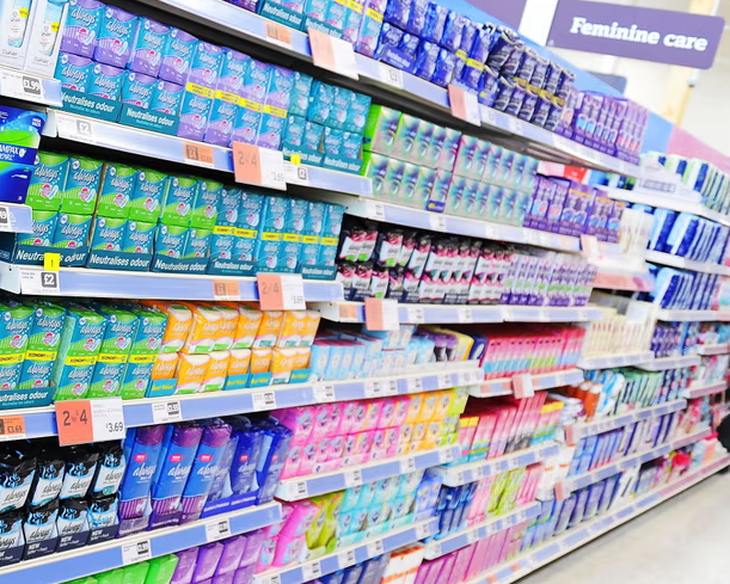
Chemicals absorbed through the vagina go directly into the bloodstream - Photo: Dorset Media Service
The Guardian newspaper on May 28 quoted a report from the Pesticide Action Network UK (PAN UK) saying that sanitary napkins widely consumed in the UK have been found to contain traces of glyphosate.
Glyphosate is known to be the world's most popular herbicide and has been classified by the World Health Organization (WHO) as "probably carcinogenic to humans". This substance has also been linked to the development of Parkinson's disease and other serious health conditions.
What is worrying, experts say, is that chemicals absorbed through the vagina go directly into the bloodstream without going through the body’s natural detoxification organs like the liver or kidneys. This means that even small amounts of chemicals coming into contact with the vagina can pose serious health risks.
In the study, 15 boxes of tampons from a variety of popular brands were tested in UK retail stores. One of the samples contained 0.004 mg/kg of glyphosate – 40 times the maximum limit allowed in drinking water in the UK, and the European Union's 0.0001 mg/kg.
The reason is believed to be because cotton - the main ingredient in sanitary napkin production - is a crop that depends heavily on pesticides, with about 300 chemicals that may be used in its global cultivation.
“We were shocked to find glyphosate in sanitary pads on UK shelves. We’ve become accustomed to seeing it everywhere from parks to food, but it shouldn’t be in personal care products,” said Josie Cohen, interim director of PAN UK.
Despite these alarming findings, the UK government currently has no specific plans to regulate chemicals in menstrual products.
According to The Guardian , previous studies have also shown the presence of heavy metals such as lead and arsenic in tampons in the UK - which has further raised concerns about the gap in consumer health safety management in this country.
“Why do we not accept this level of glyphosate in drinking water, but allow it to be in products women use every month? This is a serious lack of protection for women, girls and all people who menstruate,” said Amy Heley of the Pesticide Collaboration.
Experts in the UK are now recommending a new regulatory system to check and ensure menstrual products are pesticide-free, and a review of the use of glyphosate in agriculture and urban areas.
Source: https://tuoitre.vn/anh-phat-hien-nong-do-thuoc-tru-sau-cuc-cao-trong-bang-ve-sinh-20250528154549847.htm








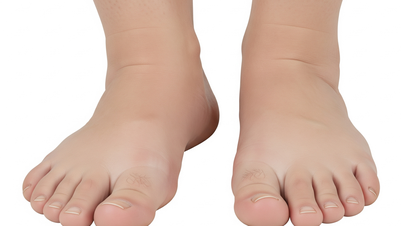





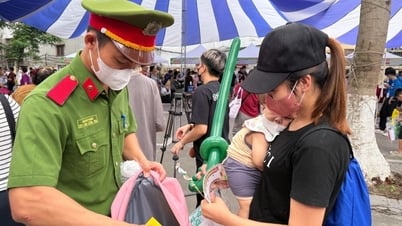
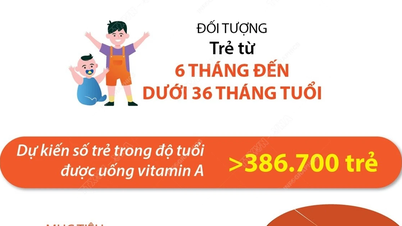










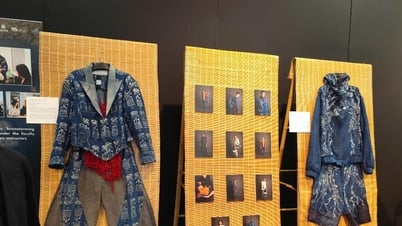



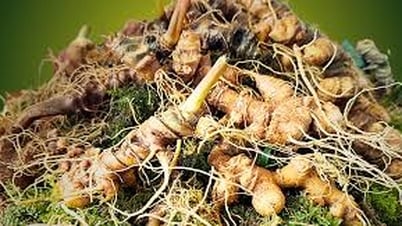



























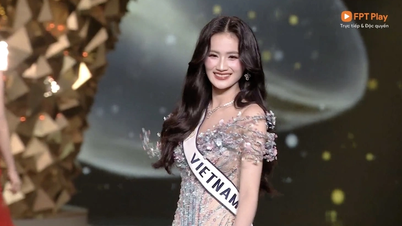








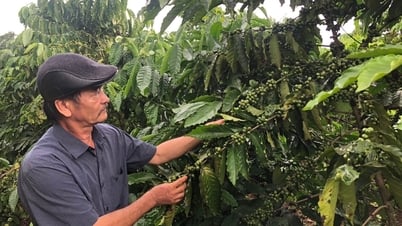




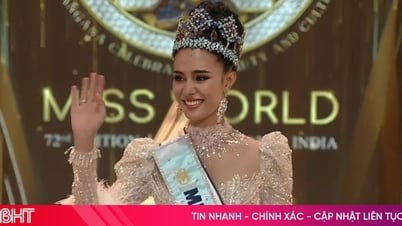



















Comment (0)